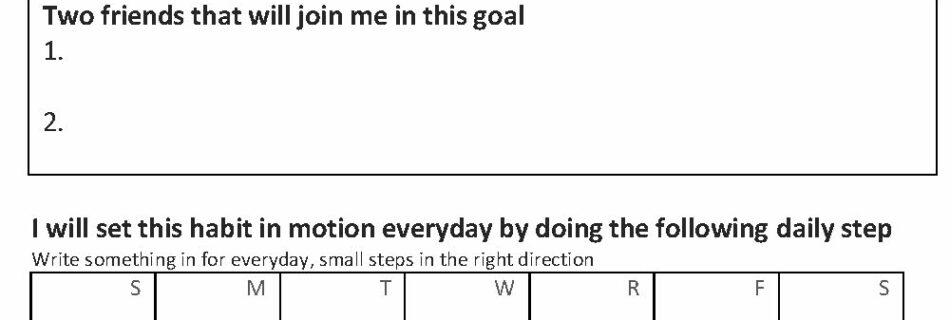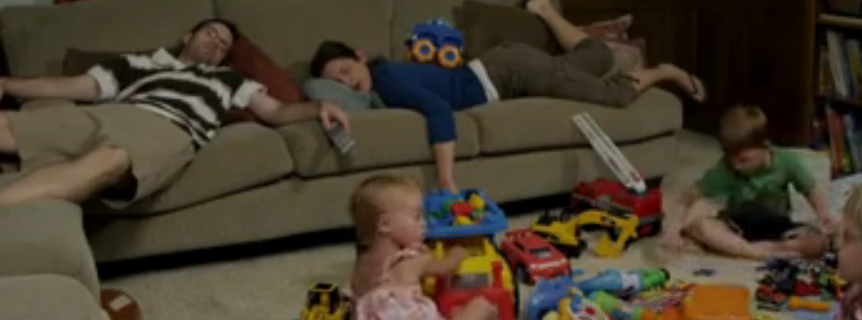2013 goals
Now that Christmas is behind us, 2013 goals are here. Maybe this will help you reach those goals this year. Whether it is to be a better parent, help your kids, improve your marriage, exercise more, or just create a better you…this should help!




